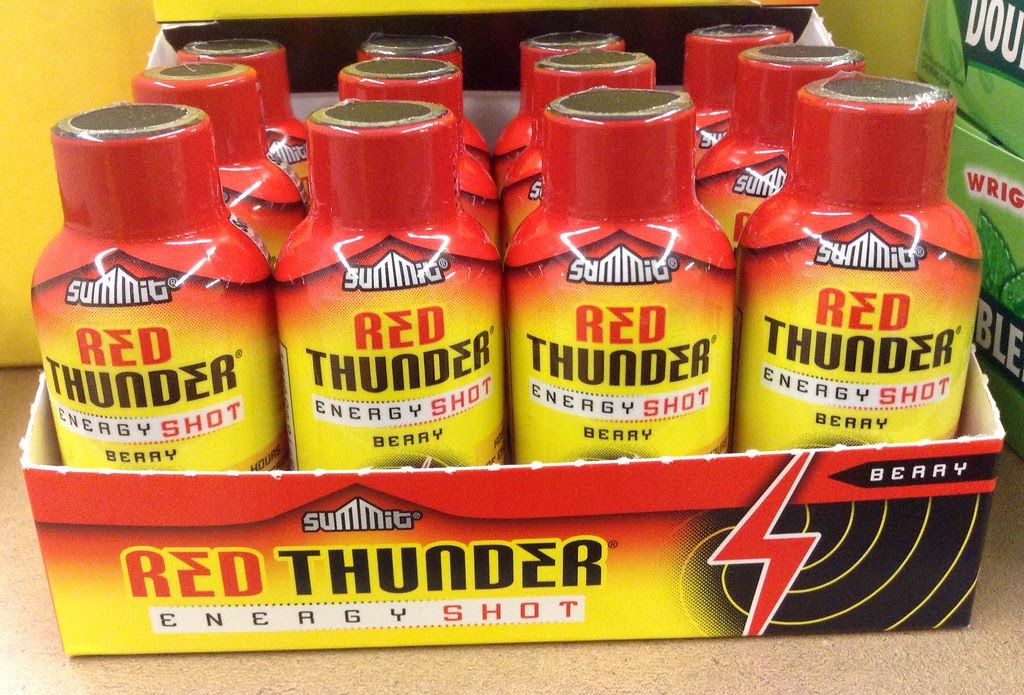Energy drinks are the current trend. Often you find them in supermarkets, bars or in various media advertisements. But what are they for? Can anyone take them?
To these and other questions, we will try to answer this post. Join in and read!
What Are Energy Drinks
An energy drink is a substance that improves performance when doing sports. Within this definition, some concoctions help in recovery and improve performance, especially in cases of long-test athletes.
The sodas that do fulfill these purposes are those that emulate the saline concentration of blood plasma. Therefore they are easily absorbed and contain levels of carbohydrates that are beneficial for increasing resistance.
But beware; there are also the so-called “stimulant” energy drinks, usually hypertonic. They have high concentrations of caffeine, guarana, and taurine, which pose a risk to health.
In the case of a high-performance athlete, there is a double risk. On the one hand, these substances have levels of carbohydrates that extract water from the body instead of providing it.
In short, they dehydrate instead of hydrating, causing headaches, insomnia, gastrointestinal upset or even a laxative effect. On the other hand, the consumption in high doses can throw positive doping.
Myths and Truths about Energy Drinks
The world of energy drinks is not limited to the sports circuit. Today, they are sold as products associated with parties and recreation. Whether plain or flavored energy shot.
A person who ingests alcohol mixed with an energy drink with high concentrations of caffeine feels all the euphoria produced by swallowing but delays exhaustion and fatigue. It nullifies the depressing effects of alcohol.
Then you can experience a lot of energy and control, when there aren’t any, which carries significant risks, for example, when driving cars. It is important to note that a test such as a breathalyzer is not modified when ingesting these drinks.
On the other hand, mixing this drink with drugs such as cocaine or marijuana is extremely dangerous because cardiovascular risks dramatically increase, such as a sharp rise in pressure, arrhythmia or tachycardia.
Precautions with the Energy Drinks
- Do not consume them as soft drinks or recreational drinks.
- Be an informed consumer. Read the labels to know what you are going to consume.
- They should not be used by people with diabetes, hypertensive and/or cardiac patients.
- If you take medications, avoid them and ask for medical advice.
- Please do not mix them with alcohol.
- Obese people should avoid them because of the caloric load.
- If you are an athlete, you should ask yourself: Do they contain stimulants? Do they give positive doping?
- Do not use energy drinks to replace a balanced diet.
Isotonic drinks that only contain carbohydrates, salts, vitamins, and minerals can usually be used without restrictions. But, the caloric and sugar intake should be taken into account, especially in obese and diabetic.
Things to Consider Before Buying Any Energy Shot
- Read the labels to know what you are going to consume.
- If you use any medication, avoid them as much as possible.
- If there is no nutritional information table on the label, do not buy them.
- Look especially at the carbohydrate and calorie content, and evaluate what you need it for.
- Check that the ingredients are safe and legal.
- Please do not get carried away by its fantastic legends and investigate its components.
If there is something that does not fit, reject it.
Nutrition TIP
A tip from a nutritionist is to use the energy drink as a pre-workout supplement. Research indicates that energy drinks are the most popular supplements in the young adult population. Athletes and exercise practitioners need this supplementation before training to achieve greater focus, faster reaction time, and higher physical power.
The effectiveness of energy drinks as pre-training is due to the ingredients contained in their composition and which act synergistically to improve aspects of physical performance. B vitamins are essential in energy metabolism, enhancing the action of caffeine.
A great option is to combine the energy drink with fruits that add vitamins to the body. In conclusion, although energy drinks provide some nutrients that could be useful for sports, they should not be used as regular sports drinks.
Do you prefer to consume water when you exercise or are you more than energy drinks? We would love to hear your comments.
I am a 26 year old young and witty girl, who simply loves to write and be around her friends. I am the one who believes in filling the heart of her readers with love, passion and contentment.





